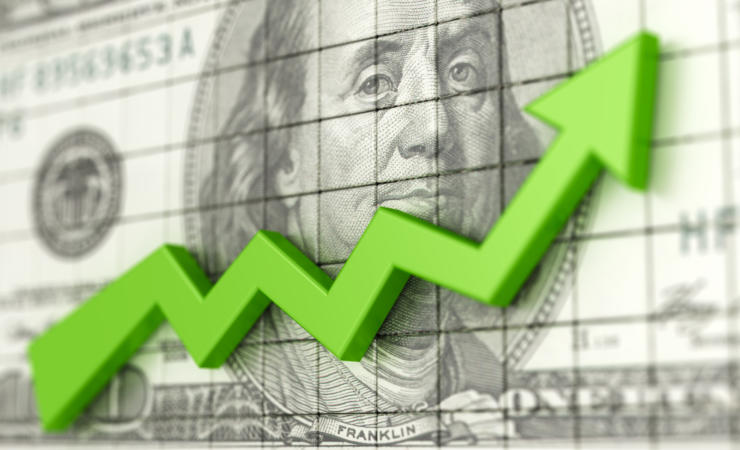Meme stocks are stocks influenced by viral social media trends and online forums rather than traditional stock market forces, though their prices often experience surges and dips.
Meme stock became a phenomenon in 2020, when retail traders on Reddit’s WallStreetBets (WSB) forum mass purchased shares of GameStop (GME) in bulk, in a bid to save the video game retailer. This strategy led to a spike in GameStop’s stock price, attracting media interest and a new way to invest. Other known stocks have followed the GameStop stock trend and have become known as meme stocks, due to their popularity being driven by memes and trends.
Here’s everything you need to know about meme stocks before you decide to invest in them.
Meme Stock’s Volatility
They are characterized by high volatility. Their wild price swings, often rise or fall by large percentages in a single trading day. The price movements of meme stocks are primarily driven by retail investors rather than institutional investors. Online forums, social media platforms, and chat rooms play a significant role in coordinating buying or selling actions. This makes the stock highly speculative.
Retail investors often target these stocks with the intention of causing a short squeeze, which can lead to rapid price increases as short sellers are forced to buy back shares to cover their positions.
High Risk, High Reward
Investing in these stocks can be highly rewarding but also extremely risky. The potential for significant gains exists due to the rapid price increases, but the volatility also means that prices can plummet just as quickly. Many retail investors have made substantial profits, while others have faced significant losses.
Regulatory and Market Implications
The rise of meme stocks has prompted discussions about market regulation and the role of social media in influencing stock prices. Regulatory bodies like the SEC have been scrutinizing the events surrounding meme stocks to ensure market fairness and transparency.
Are Meme Stocks Too Volatile To Invest In?
Meme stocks represent a cross-section of finance, social media and culture. While they offer a unique opportunity for retail investors to influence the market, they also harbor inherent risks. They involve recognizing the power of mass action among retail traders and their influence on stock prices. While they may reap high reward, it is advisable to be cautious with and understand the risks involved.

